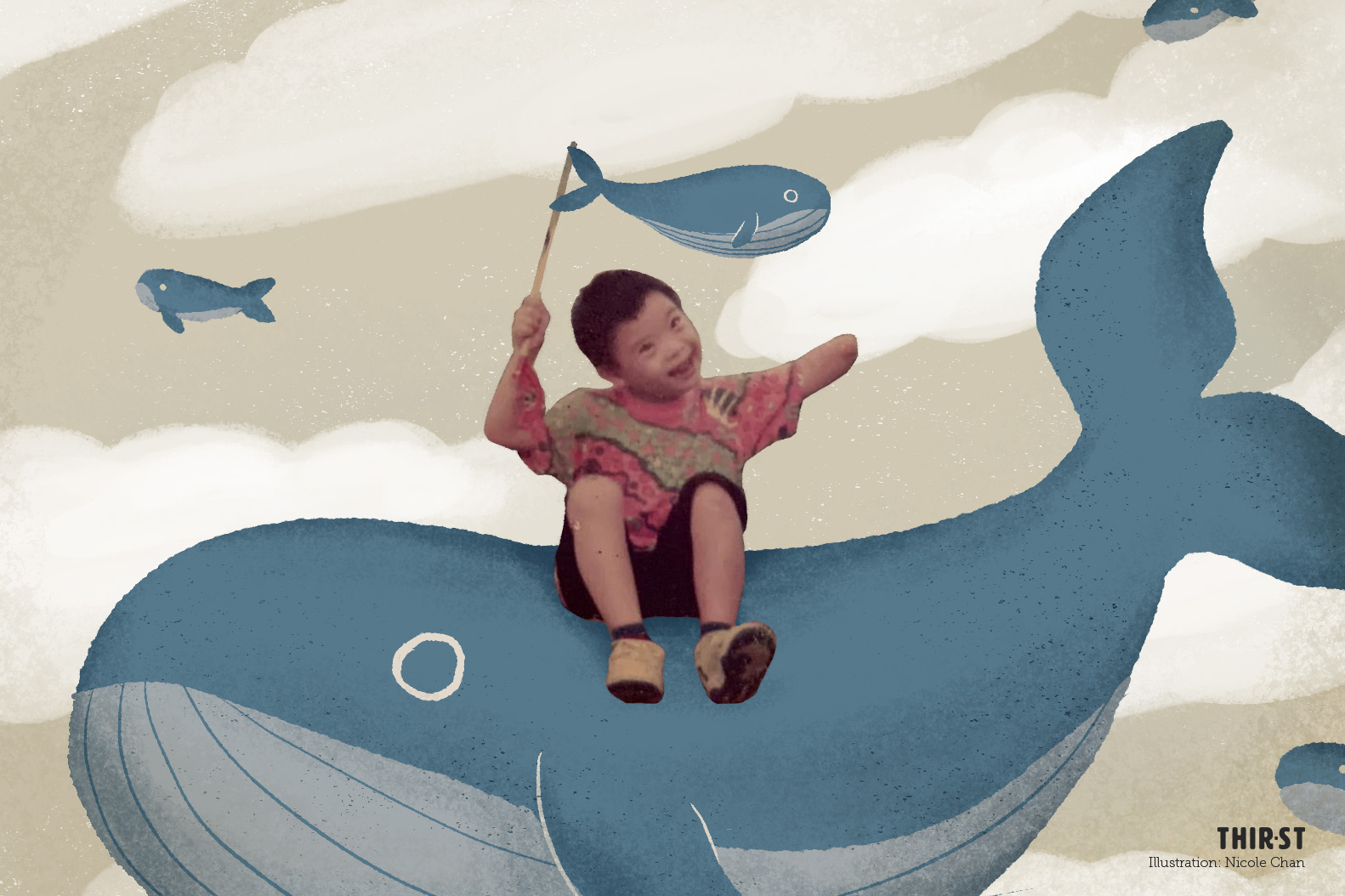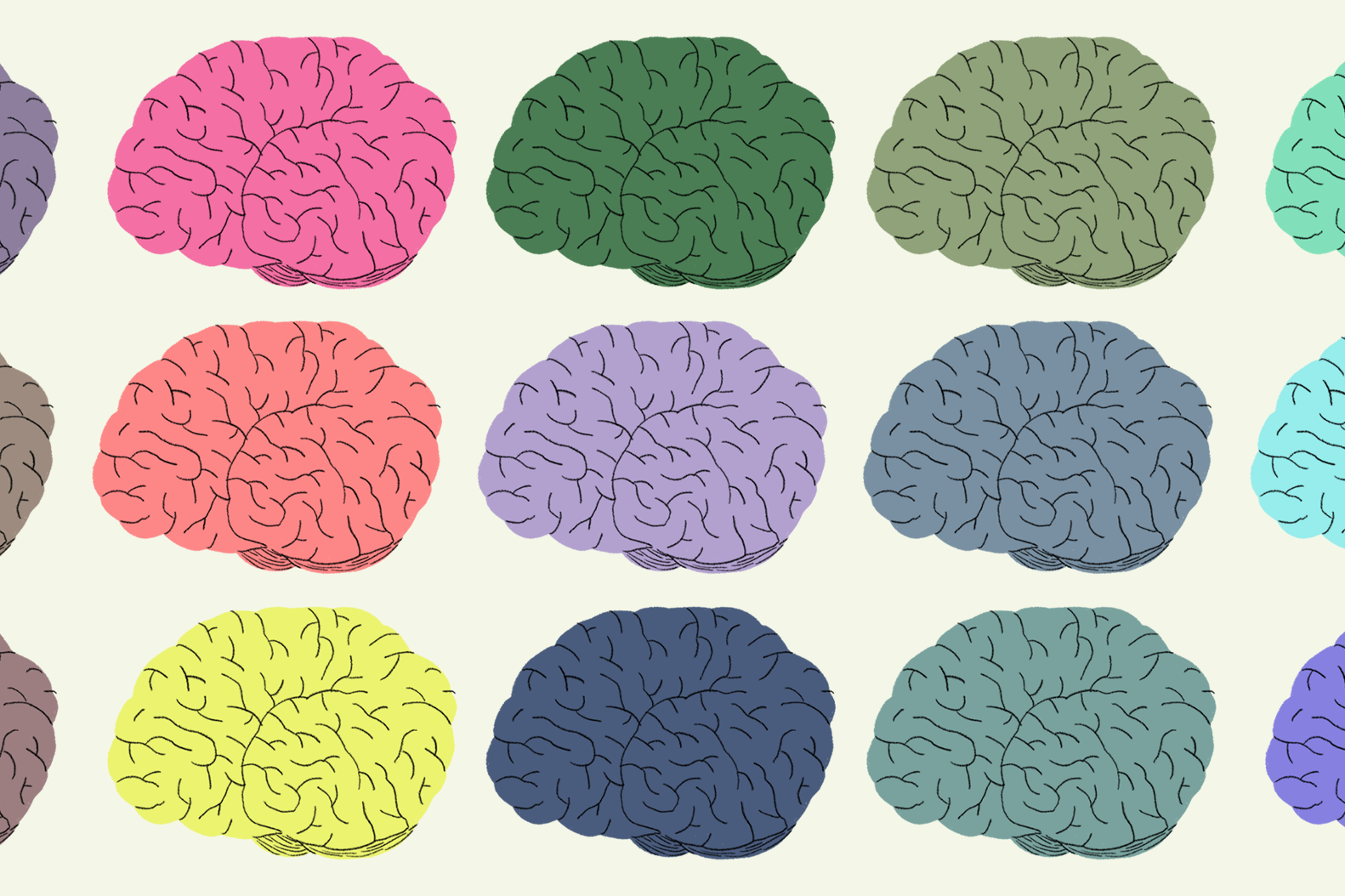My parents would always talk about my brother when we were very young. “Oh you know,” they would tell me. “Jonah is special. He only has one hand.”
This only connected for me – that he really was different – when we went out and people would stare at him.
Jonah (short for Jonathan) was born with Down Syndrome and a stump for a left hand. He is three years older than me.
At first, it was in the small things. If we went to KFC, our order had to include more chicken drumsticks so that Jonah could easily use his one hand to eat. When he wore clothes with buttons, we had to help him button his shirt up.
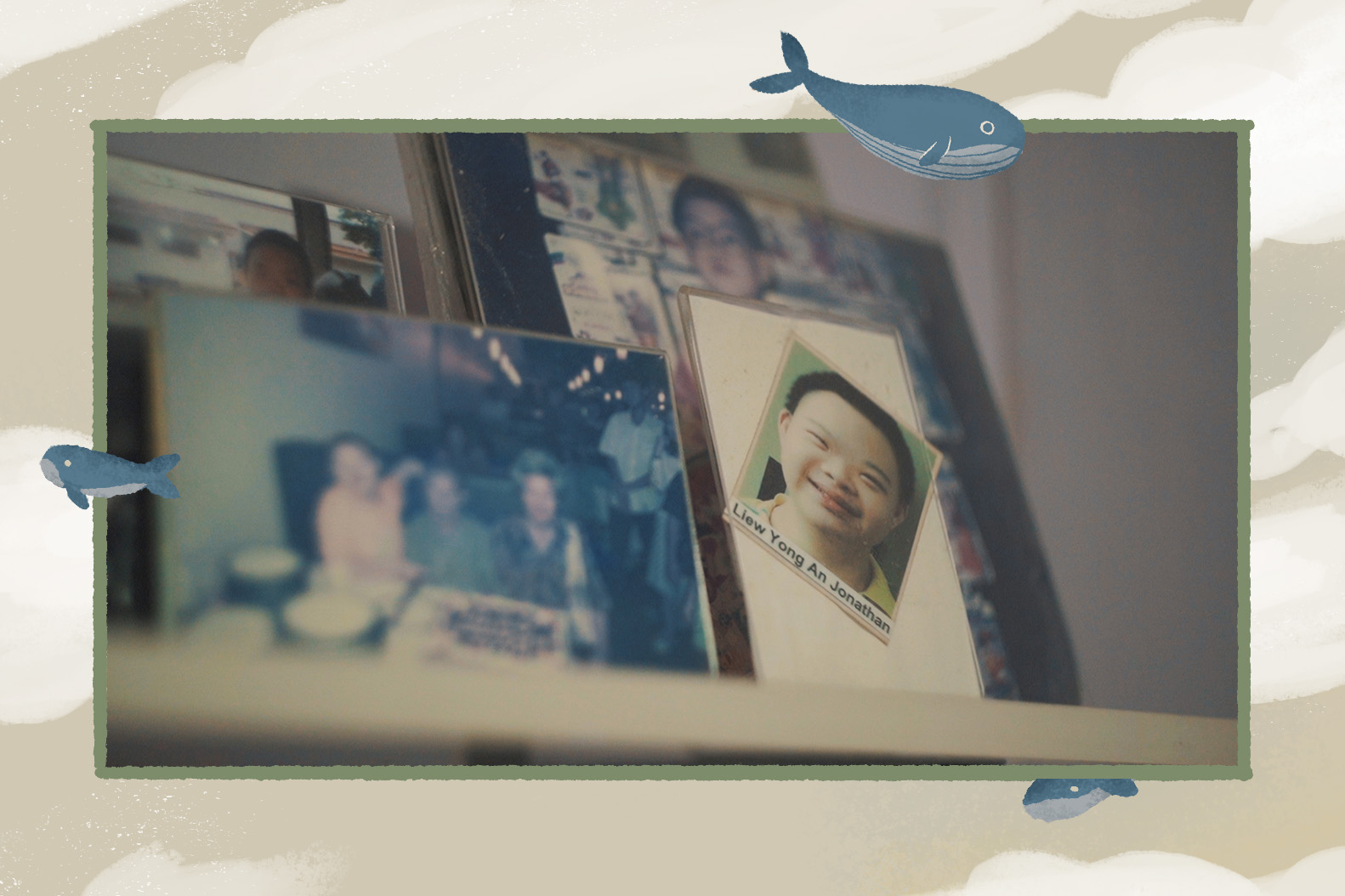
But the biggest struggles soon showed up as I grew older. Often, Jonah would get very absorbed watching television, not realising he had to relieve himself. Then he would have to make a dash at the very last moment, only to end up unable to hold it in before he reached.
Even in the toilet itself, he would just make a mess everywhere. My sister and I would have to clean everything up as we had no extra help back then. Sometimes late at night, when most of the household was sleeping, we would hear the anxious pattering of feet from his room and know what had probably happened again.
Jonah’s reasoning is also like that of a child, so if he wants a certain toy or food and we say no, he would scream or cry until he gets what he wants. These meltdowns can happen at any time of day, which makes it very difficult to find peace and quiet at home.
That was life for our family. Cleaning up after Jonah, calming Jonah down, going through his different phases of things he liked and didn’t like – such as spitting out food if he did not like it, or taking pieces of paper from our rooms just because he really likes paper.
Over the years, I’ve had important documents and sentimental cards go missing from my table – only to find them torn to shreds in his room.
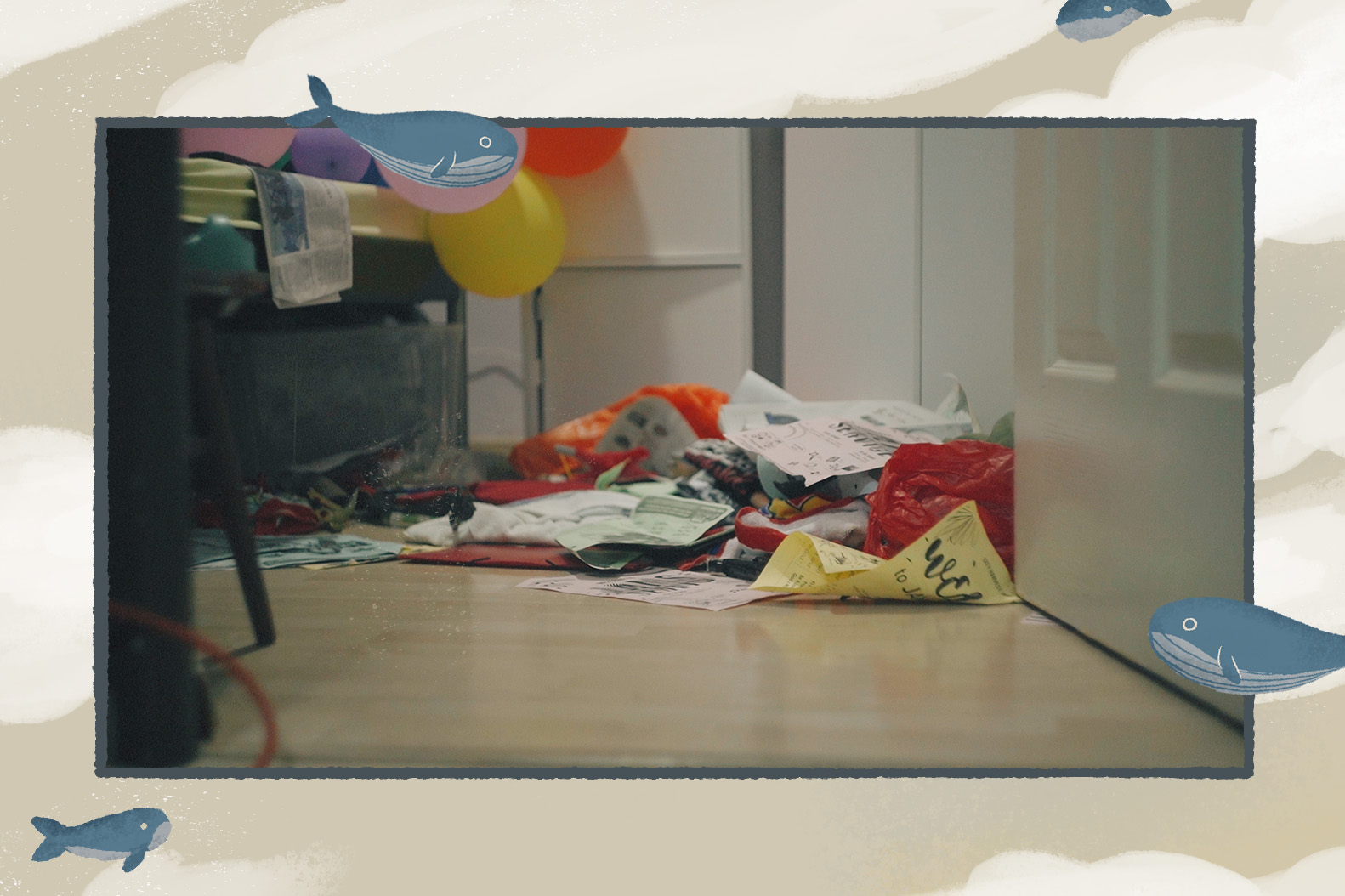
We adjusted as much as we knew how: Keeping everything in the house under lock and key, waking up to expect a mess in the bathroom… but as I grew up, the real challenge was finding it increasingly difficult to talk to my friends about what I was struggling with at home.
I quickly learnt that most people my age didn’t struggle with the same things. In fact, their concerns were very different, which made me wonder: Why did I even have to go through all this?
Growing up for me meant having to constantly take care of Jonah and making sure that everyone in the family was okay. My parents were sometimes too overwhelmed to manage, so if he made a scene or threw a tantrum, I’d have to drop everything, wherever I was – whether it was at school, the army or work – to come back home to deal with it.
To a certain extent, I felt very robbed of my childhood. Everyone else just seemed to have this great, full life, while normal looked very different for me.

As the sibling of someone with a disability, it’s almost expected that you would take care of him for the rest of your life. I remember as a child hearing conversations among the adults that would go something like this: “I don’t know if Tim would take care of Jonah. He’s so difficult. What if he doesn’t?”
To which this conclusion would follow: “We’ll make sure he is responsible.” And it felt like a sentence over my life from a young age.
As a child, I’d worry – what if I couldn’t make enough money to hire help? So I decided that if earning enough for both Jonah and me meant giving up what I really wanted to do with my life, then that was just what I’d have to do.
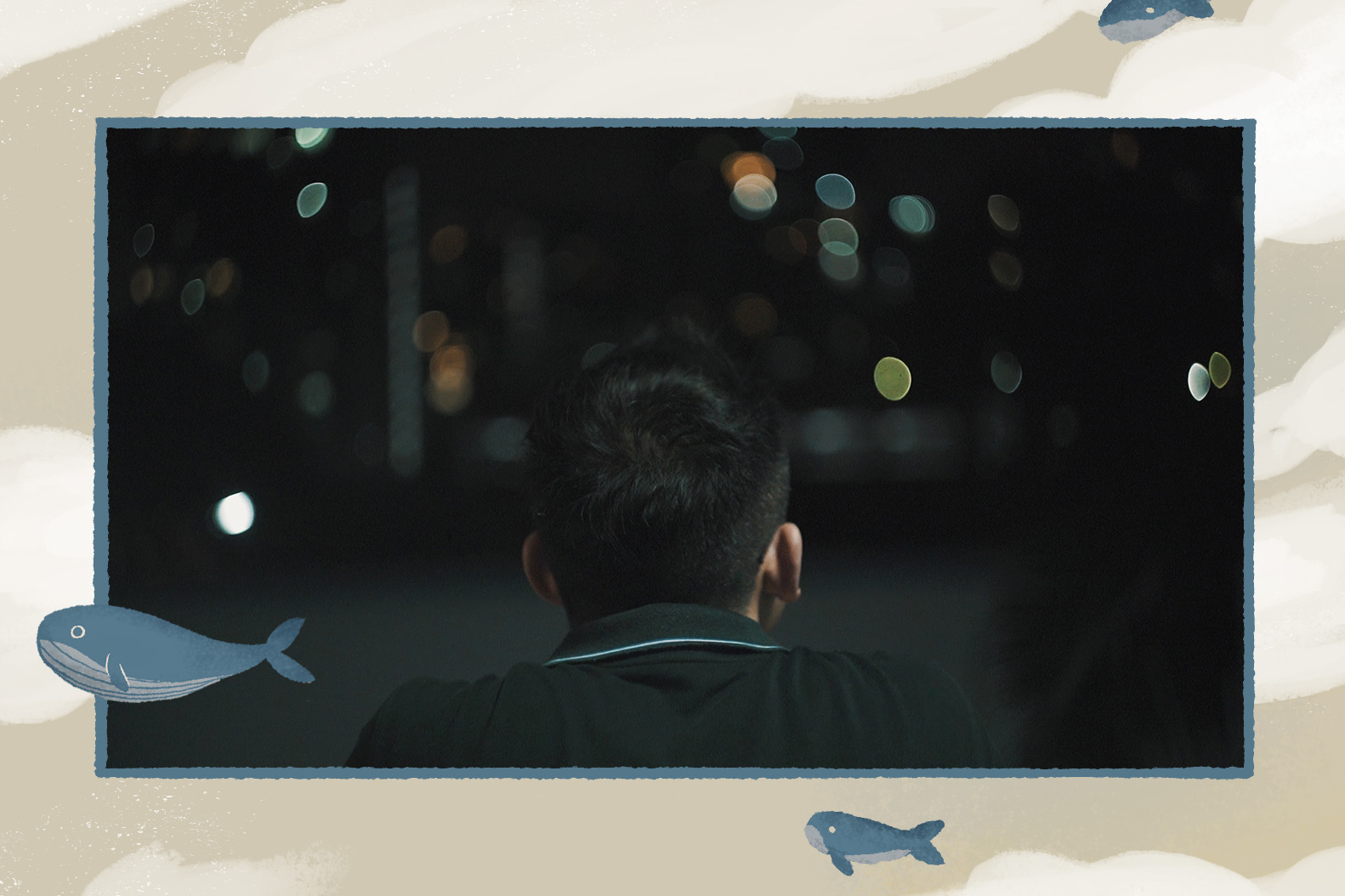
Even when people said “but you’re going to get married and have someone to walk through this with you”, I’d think to myself: Who would want to marry me if that meant a lifetime of taking care of Jonah? Would they be willing to have their lives turned upside down?
Not only was there my brother to take care of, but also the possibility of having a Down Syndrome child. My niece also has Down Syndrome. And it really weighed on me that I might have a child like that one day.
Closer friends have asked: “Tim, what would you do if you found out that your unborn child has Down Syndrome?” And for the longest time I couldn’t answer that question because having to go through all that again – everything I’ve gone through with Jonah – I knew I couldn’t. It was just too much for me.
But I remember there was one day when I was just talking to God at home when I spotted a piece of paper on my bedroom floor. I picked it up, flipped it around and saw that it was actually a photo of Jonah when he was much younger. He was at a theme park, and on his face was a look of pure joy.
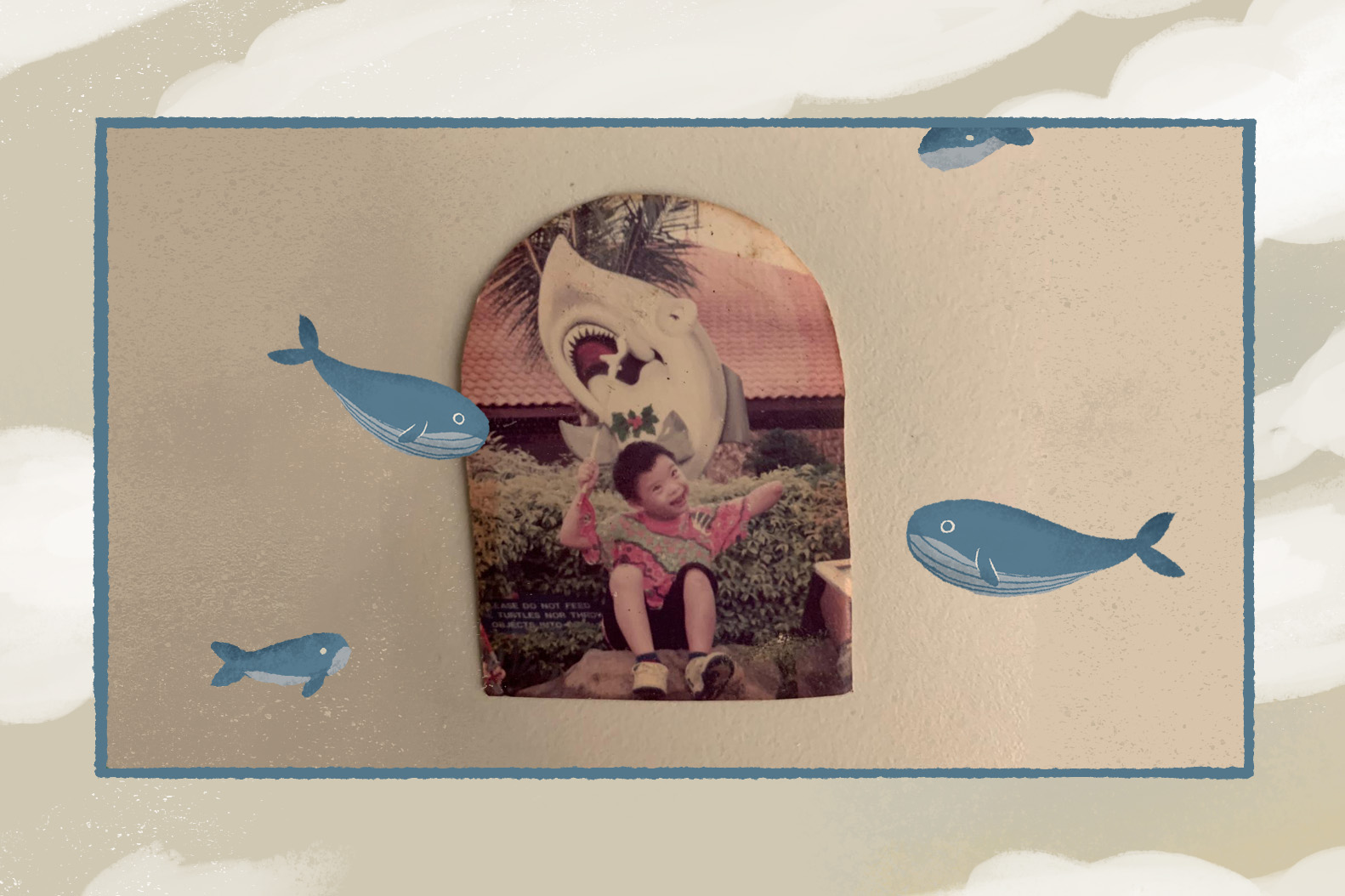
When I saw this, I broke down and cried. It was as though God spoke into my heart right there and then and said: “I want him to experience all of this. Fun, joy, the things I created on earth – I want Jonah to enjoy his life to the fullest.”
And in that moment, I believe that God healed something deep in my soul. I found myself telling Him: “God, if I ever discover that my unborn child has a defect in his body, give me the grace to bring him to term.
“It’s not about me only – it’s about him going through life, experiencing the goodness You have to offer him and have planned for him.”

For many years, I’ve been grappling with these questions: Why did God make Jonah like that? Why do I, of all people, have to go through this?
But the more I’ve wrestled, the closer I’ve come to see my brother’s disability as the result of a fallen world riddled with the effects of sin and separation from God. We have broken societies, a broken earth, broken bodies.
I may never fully understand why it happened to me, but as I walk with God and come closer to the truth of what Jesus did for me on the Cross, I’m confronted with His unchanging goodness. I begin to see what He has done in my life – all those years growing up – giving me the grace to get through the toughest moments.
He was there when I was cleaning up Jonah’s mess, as I was asking: “Why me, God?” He was there cleaning up my mess, when He walked the earth, endured every trial and died to save my life. And if this is my trial to walk through, my cross to bear and how I must die to self daily to truly live in Christ and become like Him – then yes, I will do it.
It’s easy to look at Jonah and his friends with disabilities and feel sorry for them. What does life look like, what does it hold for them? But when I read the Bible, I’m reminded that God will one day make all things new (Revelation 21:5); He will redeem the body.
One day, I will meet Jonah in Heaven with his redeemed body.
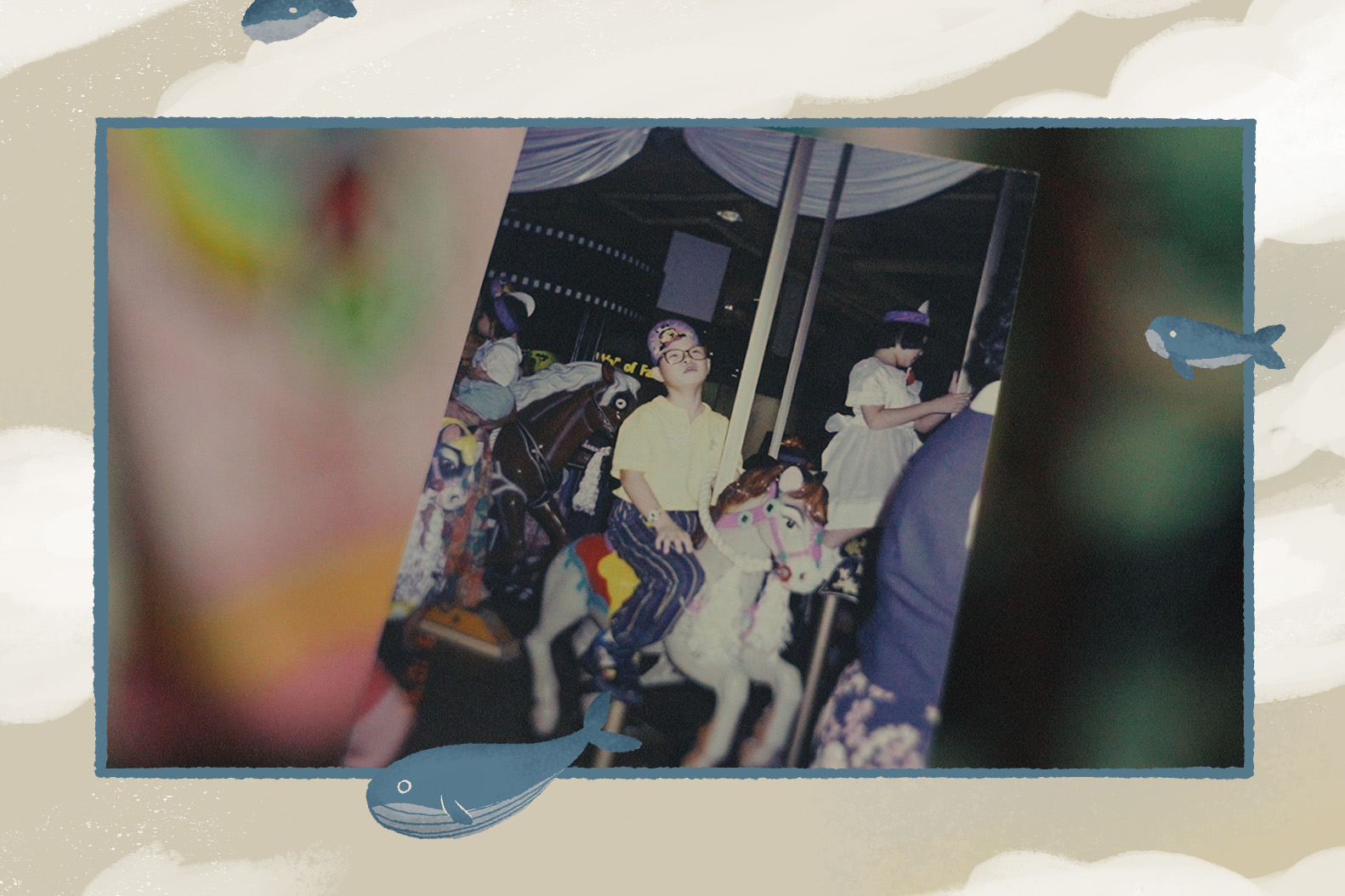
You might wonder, can someone with special needs understand the Gospel? Can they accept Jesus Christ as their Lord and Saviour?
In Acts 17, the Apostle Paul explains that God has appointed times and seasons for everyone on earth to encounter Him and so believe in Him. And I believe Jonah has had his moment, his encounter with God.
“And He made from one man every nation of mankind to live on all the face of the earth, having determined allotted periods and the boundaries of their dwelling place, that they should seek God, and perhaps feel their way toward Him and find Him.” (Acts 17:26-27)
Of course, with different mental capacities and disabilities, the experience with God probably looks different. But as we bring Jonah for various church programmes and see him singing along to worship songs, praying, calling out to Jesus – I think he knows God, I truly do.
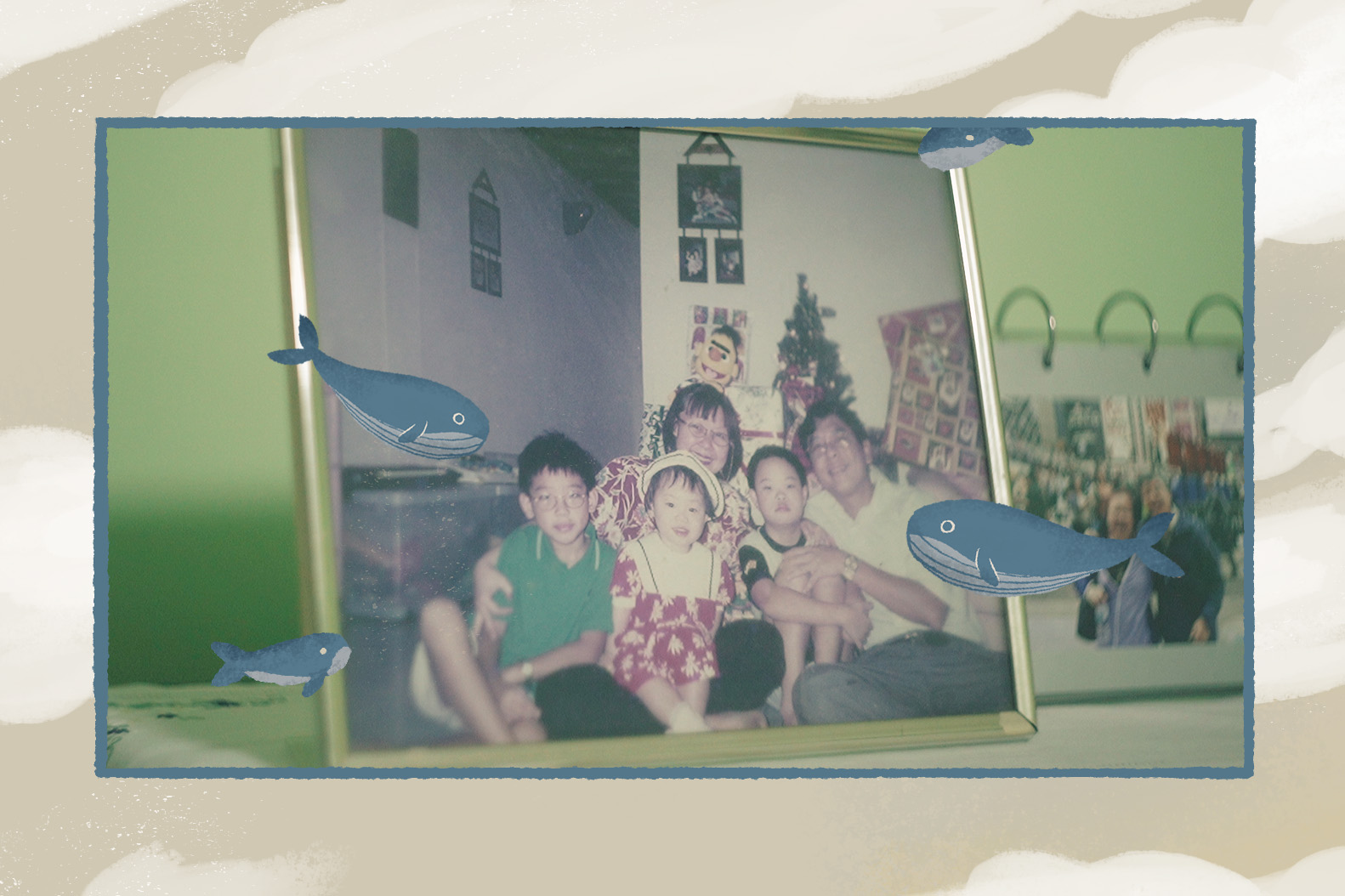
I’ve been schooled so much through my brother’s life. Not just from the way he lives and loves simply, dancing when he wants to dance, enjoying nature and animals and music, but also from the way the Church has loved us because of him.
I’ve watched our church community take turns to care for him so my parents can attend service, teaching him little things like folding origami as he plays at the back. I’ve friends who open up their houses for me to rest and take a break from certain sleepless nights when Jonah is acting up.
I think that’s one of the best things the Church can do for caregivers – giving them time to recharge and find space and time to refill their emotional tanks. These small acts of grace have touched my heart so much.
If Jonah could understand me now, I’d thank him for how far I’ve come with God in this journey. Yes, it has held much anger and resentment from the difficult years, and I’ve learnt to keep forgiving and letting that go, but I’ve also seen how it has strengthened my walk with the Father.
For every time I’ve had to go to Him for healing, strength, forgiveness and sometimes just solace, I’m thankful. I’ve found a deep thankfulness that, because of my brother, I’ve encountered God in ways I could never have imagined. I believe He is perfecting something in me.
And when He has tested me, I shall come forth as gold (Job 23:10).


